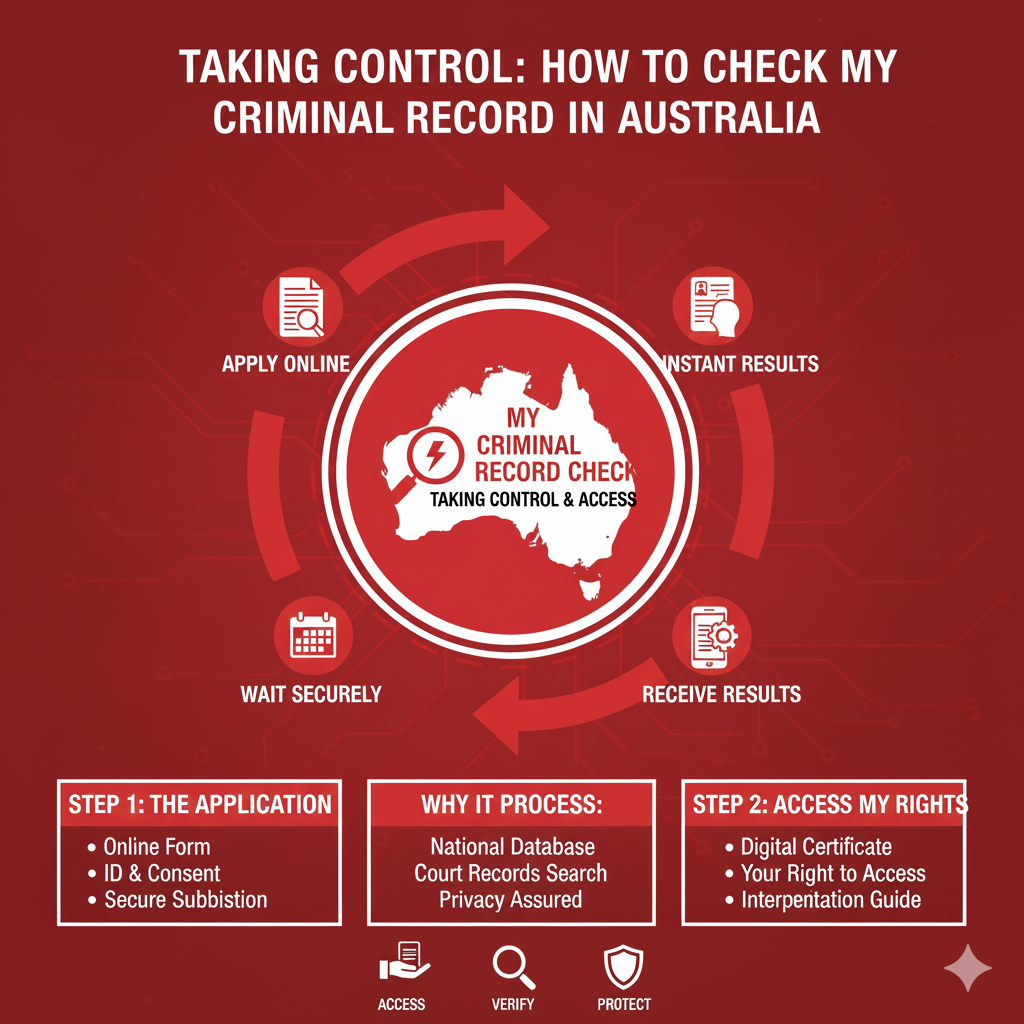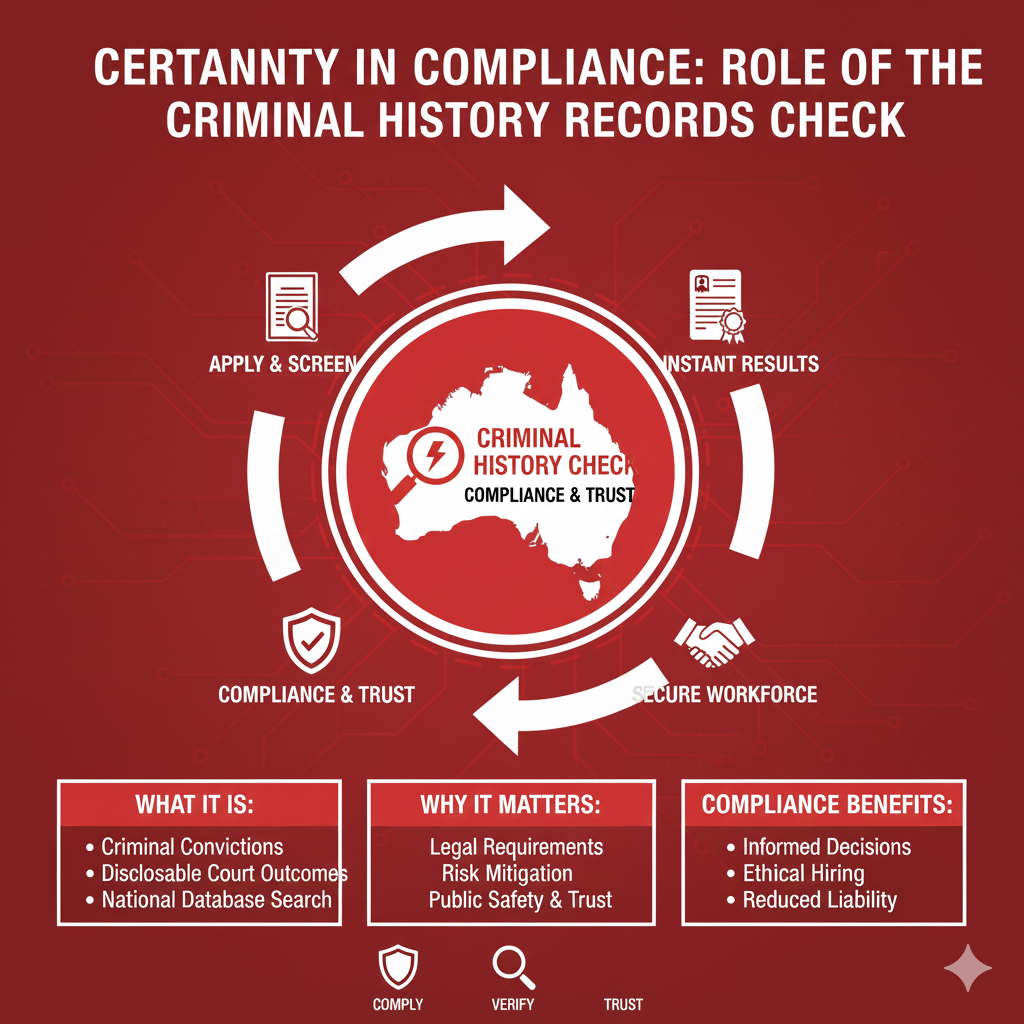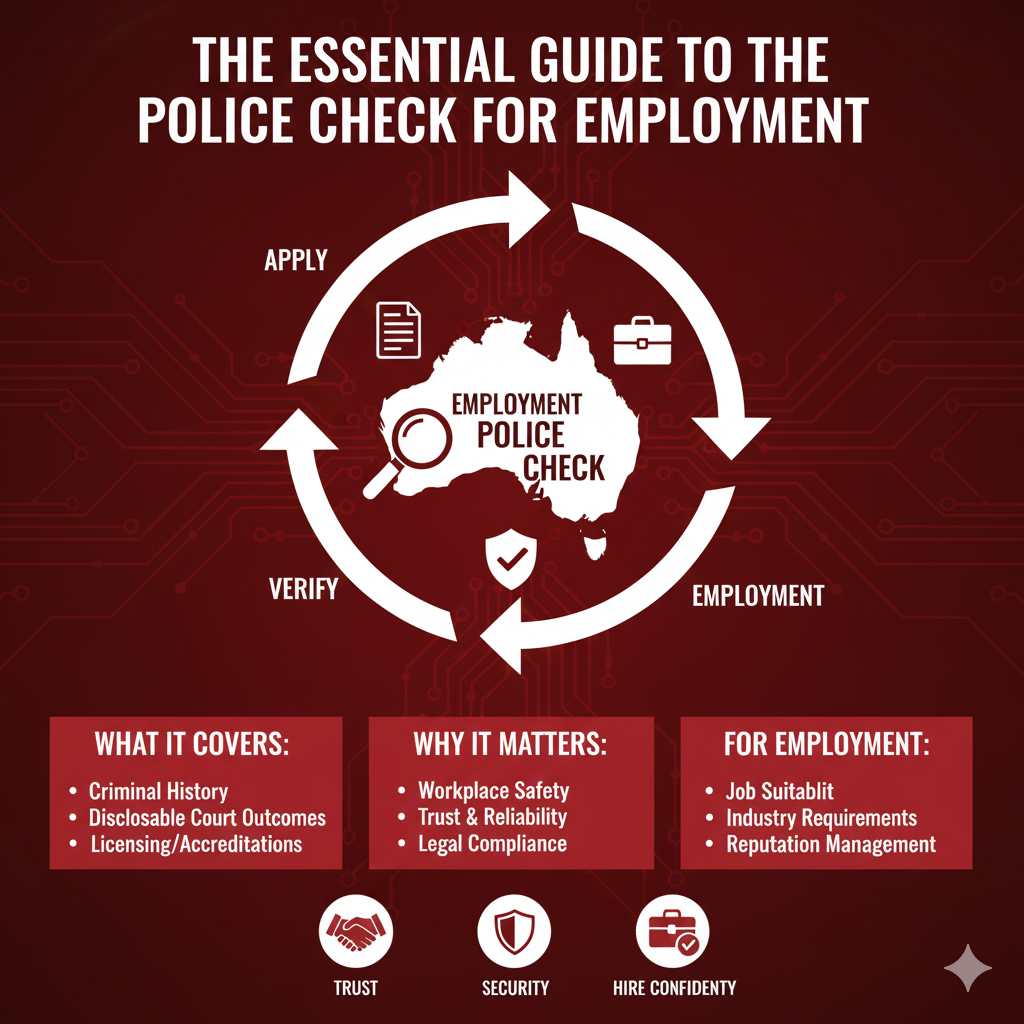What’s the number one mistake most job seekers fall into when finding a new role?
Maybe this sounds familiar: you boot up your computer, log onto Seek, and fire off resumes to every job advertisement that looks vaguely interesting.
Does this work?
Absolutely not!
In 2020, a more refined job seeking strategy is required. It’s not unlikely that you’re competing with upwards of 500 people for one position. No matter how skilled you are or how pretty your resume looks, those odds don’t seem great.
However, there’s another job search strategy that is currently the fastest and most efficient way to dramatically accelerate your career development. It requires more effort and brainpower than mindlessly firing off resumes, but that’s why it works.
What’s the key? You need to speak with job consultants directly.
The only problem? It’s hard.
As a former recruiter, I know that almost no candidates out there are utilising this strategy. So here’s a comprehensive, step-by-step guide on how to proactively reach out to job consultants and land your dream job.
Step 1: Research the recruiter directly
In order to speak to job consultants confidently and network your way into a job, the first step is to research. Luckily, these days every recruitment consultant has a LinkedIn profile and aims to build their social media branding, so research has become a lot easier.
Basic research involves a quick Google search with the recruiter’s full name (plus possibly their company) and seeing what comes up. As a bonus, you can often find their professional email address in this way.
Look at what job advertisements the recruitment consultant usually posts — are they within your area? It’s even better if they’ve done videos or posted articles, because you can get a feel for the way the recruiter thinks.
In your research, you should be able to answer these basic questions:
- What industry does this job consultant recruit for?
- Do they have a specific niche?
- How many years of experience do they have?
- Have they always worked for this company, or do they have a varied career history?
- Are they a thought leader — have they posted articles and videos online?
Research at more depth than this isn’t always possible, but these 5 questions will arm you with plenty of knowledge to impress recruitment consultants.
By the way, research isn’t something you just do to impress the recruiter. If the answers to these five questions are unsatisfactory to you, then you shouldn’t bother connecting with this recruiter at all.
If you are interested in them, however, here’s what you should do next:
Step 2: Keep your introduction simple
Once you’ve done your preparation and identified the best job consultants to talk to, the next (and oftentimes most nerve-racking) question then pops up: What do you say?
Well, when you first connect with a recruiter, they have no idea who you are or why you’re talking to them. Recruitment consultants speak to lots of people, so if you don’t introduce yourself properly, they may think you’re some Hiring Manager from months ago that they’ve forgotten.
So you have to introduce yourself. And in introductions, the rule is to keep it as succinct and simple as you can.
(Whether you communicate over email, with a text message, on a phone call, or in person, it’s all strategically the same. Just choose whichever way feels most comfortable to you.)
To introduce yourself, state your name, your current job, and why you’re contacting them.
Are there any tricks to it?
Definitely — don’t use any tricks whatsoever.
(And maybe make sure your email address isn’t inappropriate.)
If that’s not simple enough, here’s a sample introduction for you to use:
Hi, my name’s [Harry Potter]. I’m a web developer with Google. We haven’t talked before, but I wanted to get in touch with you because I saw the positions you usually post are completely in line with my career aspirations. I also saw your blog posts on [random topic] and was very impressed by your insights into [specific part of random topic]. Would you be free to chat with me during [XYZ time range] on any job opportunities you may have?
The only difficult part of your introduction is explaining why you’re contacting them, and you already have the perfect answer. You’re talking to this recruitment consultant because you’re impressed by their history and interested in the types of jobs they usually post.
See what I mean about no tricks?
You just want to tell the recruiter about yourself as efficiently as possible. Don’t try to ‘build rapport’ or chat about obscure interests you found about them online. Once you’ve introduced your current role, it’s up to the job consultant to decide whether they want to keep talking to you.
Unfortunately, in your job search, just like in life, you’ll never have a 100 percent success rate. Maybe you have two years of experience and the recruiter prefers to deal with senior candidates. Maybe you lack a niche skill they’re looking for.
Whatever the reason, if you connect with recruiter and the conversation falls apart at your introduction, it’s important to not be disheartened. There’s nothing you can change at this point; not all of us have prestigious career histories as CEO of a 50 million dollar company.
Explain your role and tell them you’re looking for a job, and if they’re not interested, you move on with no regrets.
Step 3: Share your USP, or most unique strength
On the other hand, if they are interested, a good recruiter will almost immediately transition the conversation into a type of interview, where they’ll ask basic questions about your work experience and strengths and see if they really do have a position relevant to you.
So do you pretty much treat it like an interview?
Not quite. Remember, there’s a subtle but extremely significant shift in this conversation: you contacted them first.
Therefore, you’ve already shown a lot of strengths that the recruiter doesn’t usually see:
- You’ve demonstrated your initiative to take the lead in your own job seeking strategy.
- You’ve demonstrated your courage and interpersonal skills by networking with other people.
- You’ve demonstrated your hard work and good attitude by getting on the front foot.
These are all tremendous strengths you’re demonstrating that other candidates usually don’t. The invisible value or price range that the recruiter will attribute to your head is already higher than average.
As such, during the conversation, you don’t really need to agonise over whether you’re impressing the recruiter. However, in order to really consolidate their good impression of you, you should work into the conversation what’s known as your Unique Selling Proposition (USP).
The USP will be what really pushes you over the top as a candidate. Yes, initiative and hard work and networking skills are good, but if you’re aiming to become a pianist and have no idea how to play, it doesn’t matter how hard you work.
Luckily, recruiters will give you the benefit of doubt regarding basic skills. (If you really don’t have them … this article isn’t going to help you much anyway.) They’ll assume you know your stuff and are decently competent. Therefore, you really just need to tell them one, unassailable, exceptional value-adding ability you exhibit that’s important in your industry.
That’s your Unique Selling Point. More specifically, the USP is when you can honestly say this sentence: I do this thing that other people can’t.
It comes from business terminology, where the USP could be a flight company that serves gourmet food on the trip. Or it could be a tutoring business that includes a free snack with every session. Or It could be a damn water balloon company that somehow makes its balloons explode into rainbow water.
In terms of job seeking, the classic USP is speaking a second language. If you’re a web developer and you have all the skills I do, but you speak an extra language compared to me, then you’ve got the advantage, whereas I’m still a plain boring old web developer with nothing unique.
Another good USP could be a university professor with cool design skills. That way, they can put together appealing PowerPoint presentations, lecture slides and demonstrations for their students, which makes their class more popular.
Identifying your USP can be hard, but it’s totally worth it.
Step 4: Prove yourself with the all-important question: ‘Do you want me to show you?’
Great! So you’ve introduced yourself and explained your USP. Is there anything else?
Absolutely — you haven’t proved how good you are yet.
Let’s take a detour and talk about the biggest challenge for a recruitment consultant (on the candidate side). Here it is: some candidates are exceptional during the interview process but really suck on the job. Other candidates can’t do interviews to save their life but turn out to be the best worker in the role.
No matter what, the recruiter is going to have a bit of fear in the back of their mind — what if I’ve majorly stuffed up and hired this person who’s no good?
That’s why Step 4 is arguably the most important step of all. You’re not relying on interview skills or resumes to prove your worth. You’re going to ask them, ‘Do you want me to show you?’ and prove it directly. It follows on immediately from your USP as well.
Let’s look at an example.
As a marketer focused on data analytics, I know how to automate processes and increase productivity dramatically [the USP]. At my last company I reduced a 4-hour process to 20 minutes. Do you want me to show you?
The thing is, the first two sentences here are pretty impressive, but anyone can lie about them. The one great thing is that they’ve shown a real USP — automating processes and saving significant time.
Still, it’s the last question (‘Do you want me to show you?’) that really catches people’s attention.
Now, if you’ve reached this point, the recruiter is never going to say ‘No.’ You’re offering to do their work for them, so they’re never going to turn that down. The only reason they might reject you is if they’ve somehow developed an irrational burning hatred for everything you stand for, but if so, they never would have talked to you past your introduction and USP anyway.
Most importantly, before you even ask this question, you need to think of a way to actually demonstrate your strengths. If you’re a writer, plan to show some writing you’ve done. If you’re good with Excel, bring a computer and show your skills in person, or write a clear step-by-step guide and send it over email.
No matter how good you are at interviews or writing resumes, it’s no good if you can’t do the job. By asking the magical question ‘Do you want me to show you?’ and demonstrating your abilities directly, you’re immediately reassuring the recruiter that you’re capable of excelling in the role.
Now, this job search strategy may seem like a whole lot of effort. Compared to the initial ‘firing off resumes to every job advertisement you see’ method, this refined job seeking strategy certainly costs a lot more time.
That’s also why it works.
Most candidates just do whatever the recruiter says. They don’t bother thinking about their USP, much less proving it by asking ‘Do you want me to show you?’, much less going out on the front foot and impressing the recruiter with a mock task they’ve produced.
By doing all of this, you’re giving the recruiter a much stronger picture of your personality. You’re telling them how driven and dedicated you are, and you’re saying that you’re prepared to go well over the top to accomplish a task. By following this strategy and talking to recruiters directly, you’re giving yourself the best possible chance of landing the job offer of your dreams.
Good luck job seeking!




